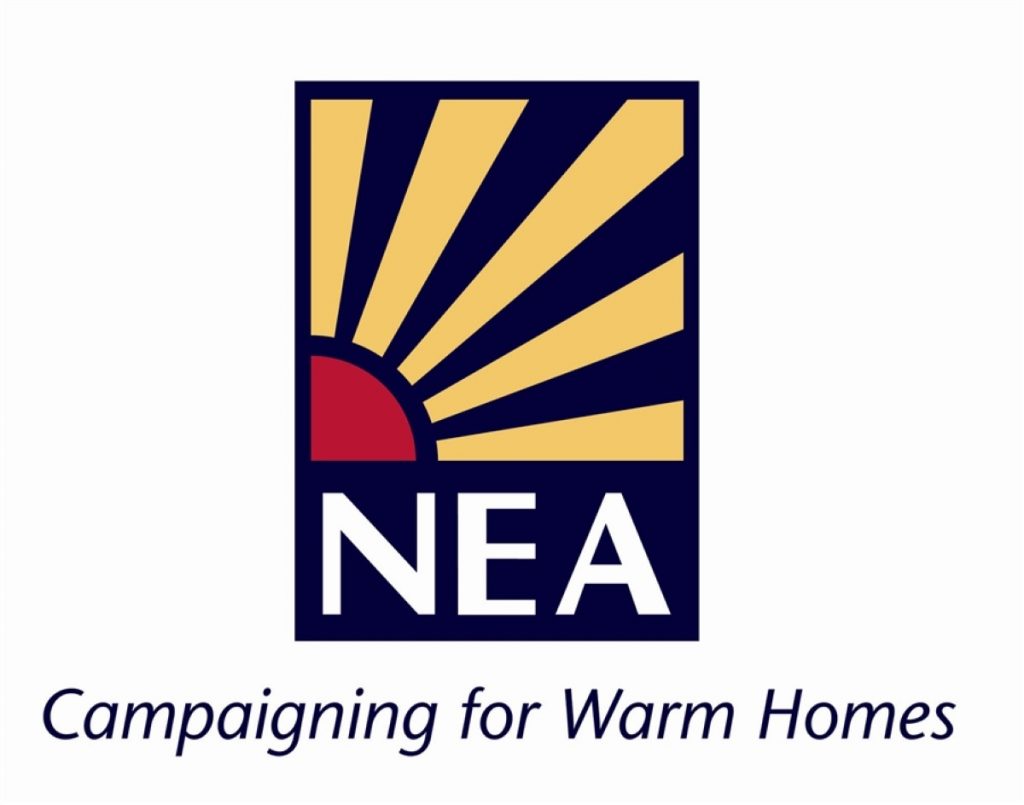NEA disappointed that the government has not listened to fuel poverty campaigners
Comments from national fuel poverty charity NEA on Government proposals to change the official definition of fuel poverty
Following publication today of a Government consultation on changes to the definition of fuel poverty and the consequent impact on fuel poverty targets, NEA Chief Policy Analyst Ron Campbell commented:
‘NEA is disappointed that after a protracted pre-consultation debate the Government has not listened to the unanimous voice of fuel poverty campaigners all of whom argued that the proposed new definition was flawed. The Government’s proposals mean that the number of fuel-poor households in England will reduce significantly without any actual improvement in their circumstances; in reality they will still lack access to affordable warmth.
‘Clearly NEA and others will be emphasising this issue in response to the consultation and we would hope that the Government will ultimately prove receptive to our arguments. However, regardless of how fuel poverty is defined, it represents a major social problem and one where the Government must show much greater commitment in terms of financial support and implementation of policies and programmes to assist vulnerable and financially disadvantaged fuel-poor households.’
Editor’s notes.
For further information and comment please contact Peter Smith, External Affairs Manager on 07595780893 / peter.smith@nea.org.uk
1. NEA is the UK’s leading fuel poverty charity campaigning for affordable warmth. For further details visit http://www.nea.org.uk.
2. Fuel poverty is caused by a combination of low incomes, high energy prices and poor standards of heating and insulation. Many people, worried about rising fuel bills, ration their heating with detrimental effects on their physical and mental health, and every year, around 25,000 more people die over the winter months compared with the non-winter periods. The most vulnerable members of society are particularly at risk – pensioners, the long-term sick or disabled, and young children.
3. NEA is a member of the Energy Bill Revolution campaign, an alliance of over 80 leading charities and businesses calling on the Government to use carbon tax revenue to make UK households super-energy efficient. Join the Energy Bill Revolution campaign at http://www.energybillrevolution.org/
4. The Government has failed to achieve its interim target, adopted in the UK Fuel Poverty Strategy 2001, to eradicate fuel poverty for all vulnerable households in England by 2010 but it still has a statutory target to eradicate fuel poverty, as far as reasonably practicable, in England by 2016. The Scottish Government too has a target to eliminate fuel poverty as far as is reasonably practicable by 2016 and the Welsh Assembly Government has a target to ensure that no household is living in fuel poverty by 2018.
5. Estimates suggest around 3.9 million households were fuel poor in England in 2012 (click here to see the Government’s own statistics). Modelling by independent researchers suggest that subsequent energy price increases mean that there are currently in excess of 6.5 million fuel-poor UK households, 5 million of whom are in England.
6. Public funding for heating and insulation measures for low income and vulnerable households in England (the Warm Front programme) terminates at the end of March 2013. England will be the only UK nation providing no direct financial support to enable vulnerable and financially disadvantaged households to improve heating and insulation standards in their homes. Wales and Scotland have continued to maintain or even expand their tax-funded energy efficiency programmes.
According to Government’s own figures, from next year, annual expenditure on heating and insulation programmes for low income and vulnerable householders will reduce about £1.1 billion to around £540 million. This includes deliver heating and insulation measures for those most in need with additional support (worth around £190 million a year) available to fund insulation improvements in the most financially deprived areas.





-01.png)